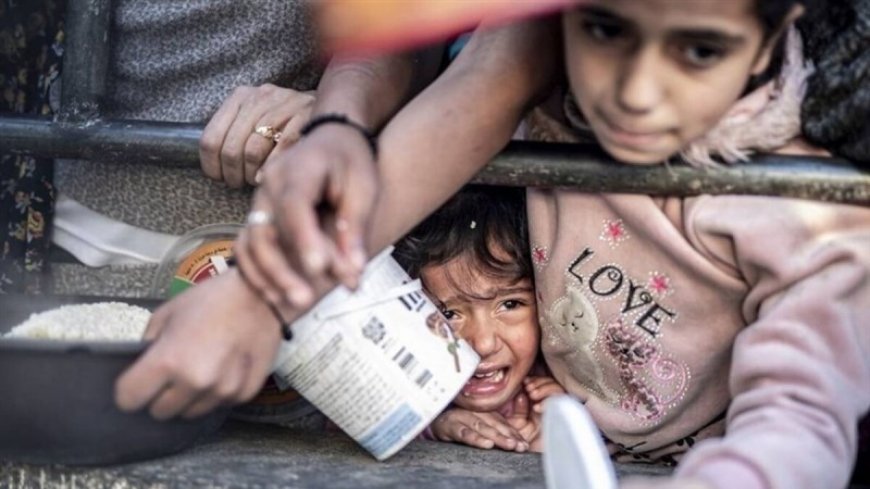Spain and Chile Seek to Join South Africa's Genocide Lawsuit Against Israel in Gaza
The International Court of Justice (ICJ) announced that Spain and Chile have formally requested to join South Africa’s case against Israel, alleging genocide in the Gaza Strip. This development intensifies the international scrutiny on Israel’s actions in Gaza and underscores the global implications of the case.

The International Court of Justice (ICJ) announced that Spain and Chile have formally requested to join South Africa’s case against Israel, alleging genocide in the Gaza Strip. This development intensifies the international scrutiny on Israel’s actions in Gaza and underscores the global implications of the case.Spain submitted its application to the ICJ, citing Article 63 of the Court’s Statute, which allows states with an interest in a case's outcome to join proceedings. The Spanish government emphasized the importance of the Genocide Convention as a cornerstone of international law for preventing and punishing genocide.
"Spain, citing Article 63 of the Statute of the Court, has filed an application with the Registry of the Court to join the case concerning the Application of the Convention on the Prevention and Punishment of the Crime of Genocide in the Gaza Strip (South Africa v. Israel)," the ICJ stated in a press release.
Chile has expressed similar intentions, highlighting its commitment to upholding international law and human rights. Both nations’ involvement could add significant weight to South Africa's allegations against Israel.
Background and Legal Proceedings
The case's origins trace back to December 29, 2023, when South Africa lodged a claim against Israel at the ICJ. The claim accused Israel of violating the Genocide Convention through its actions in the Gaza Strip. South Africa called for provisional measures to prevent further harm to the Palestinian population, asserting that Israel's military operations and policies were aimed at the destruction of Palestinians in Gaza.
On January 26, the ICJ imposed measures requiring Israel to prevent genocide, punish incitement to genocide, ensure the flow of humanitarian aid, and preserve evidence of alleged genocidal acts. However, the court did not mandate an end to military operations at that time.
Recent Developments
On May 10, 2024, South Africa filed an urgent request for additional measures, citing new facts and changed circumstances in Rafah. Following a hearing on May 16-17, the ICJ ordered Israel on May 24 to cease its military operations in Rafah and facilitate access for investigative missions regarding genocide allegations.
Spain’s application to join the case reinforces the gravity of the accusations and highlights the international community's concern over the humanitarian situation in Gaza. The Spanish government emphasized that the Genocide Convention is the most critical legal framework for addressing and preventing genocidal actions.
Historical Context
The Genocide Convention, adopted by the United Nations General Assembly in 1948, was a direct response to the atrocities committed during World War II, particularly the Holocaust. It established genocide as an international crime and mandated that signatory states take measures to prevent and punish acts of genocide. The ICJ’s role in interpreting and applying the Convention is pivotal in holding states accountable for violations.
The last significant involvement of the ICJ in a genocide case was the ruling on Myanmar's actions against the Rohingya, highlighting the court's critical function in addressing and mitigating genocide globally.
International Reactions and Implications
The potential inclusion of Spain and Chile in the lawsuit underscores the broad international condemnation of Israel’s actions in Gaza. It reflects a growing trend of nations seeking to leverage international legal mechanisms to address human rights violations.
The ICJ’s decisions in this case will have profound implications not only for Israel and the Palestinian territories but also for international law and global diplomatic relations. The proceedings could influence European financial markets and Western military support for Ukraine, given the interconnected nature of international geopolitics.
As the case progresses, the world watches closely, recognizing that the ICJ's rulings could set significant precedents for the enforcement of international humanitarian law and the protection of vulnerable populations.













































